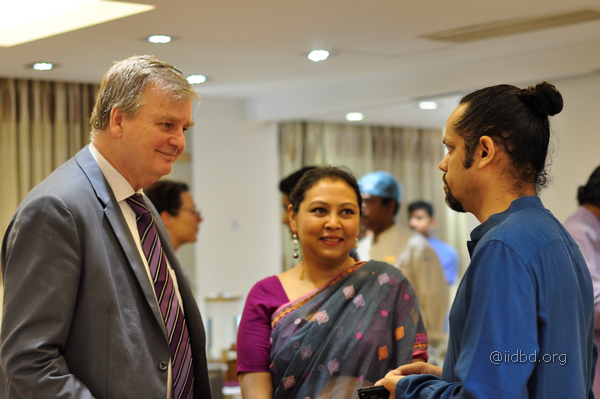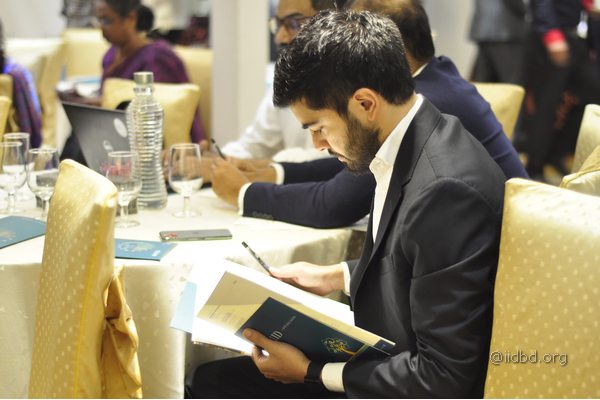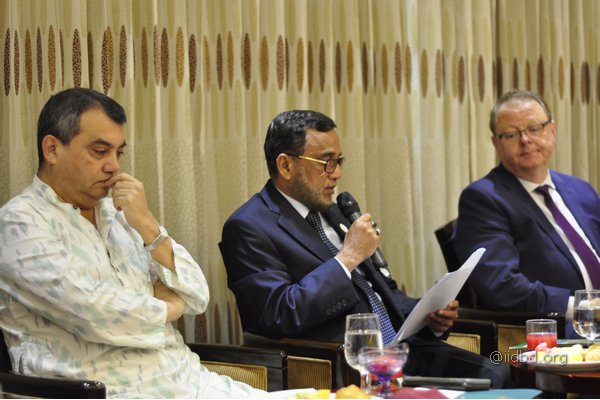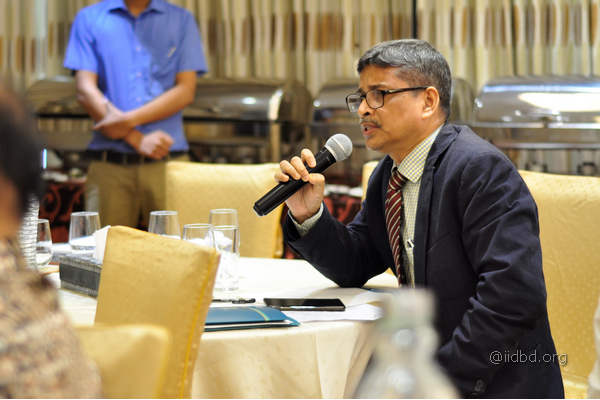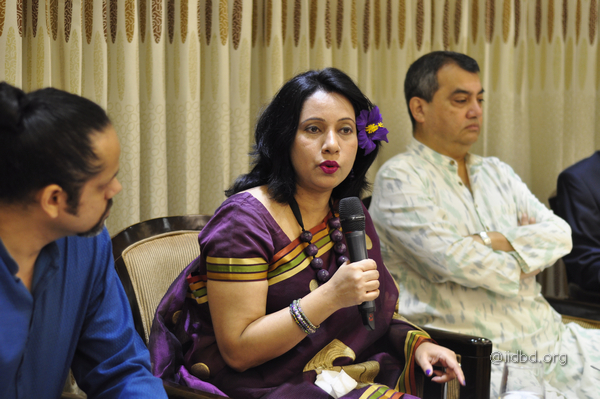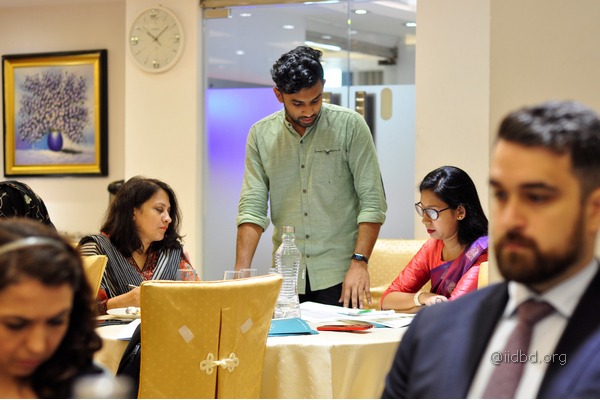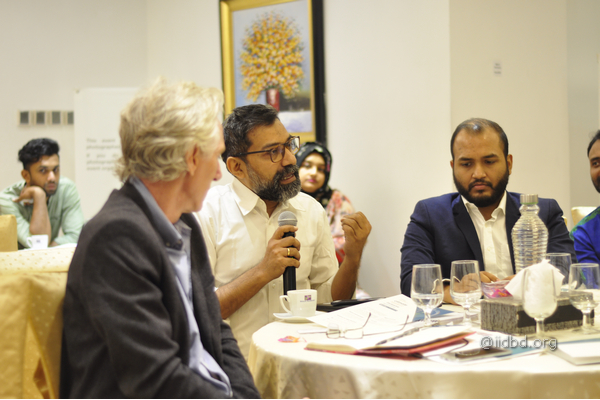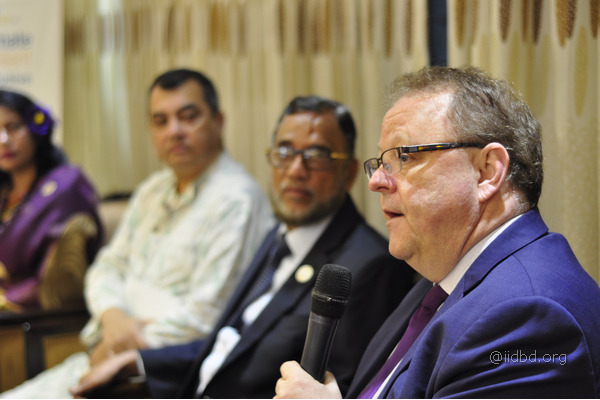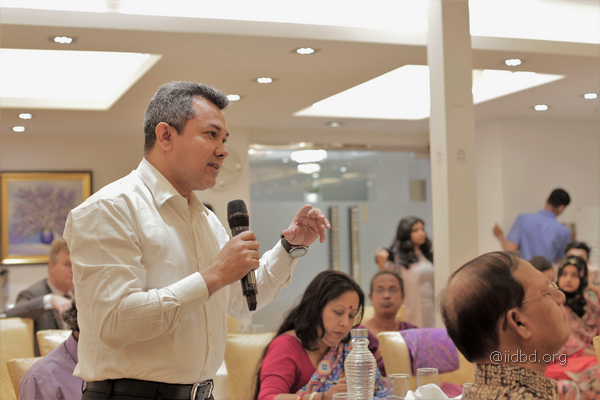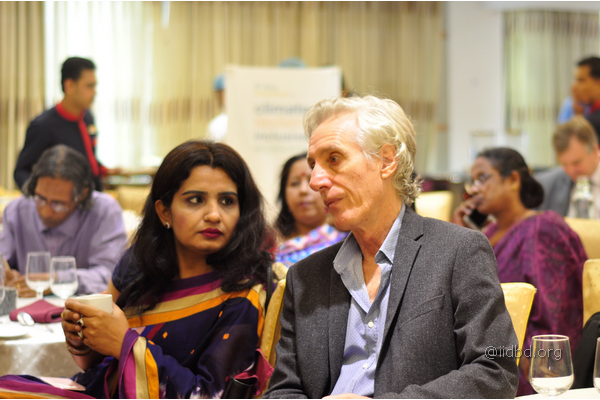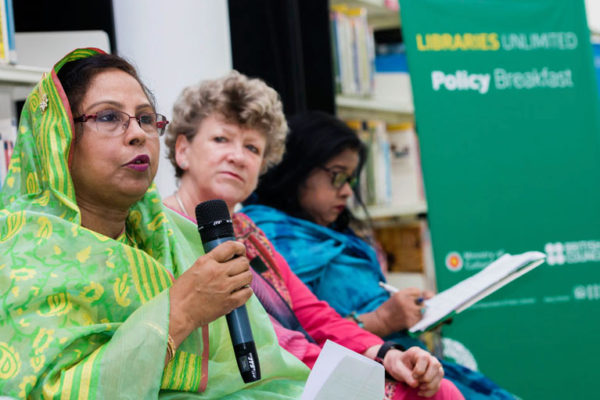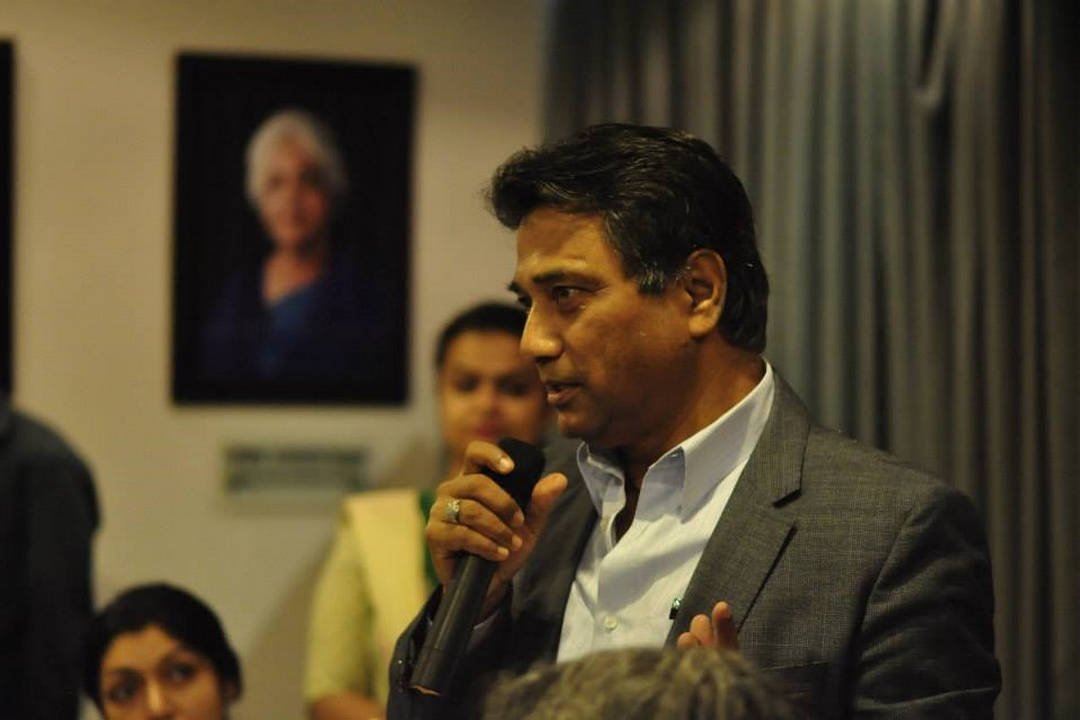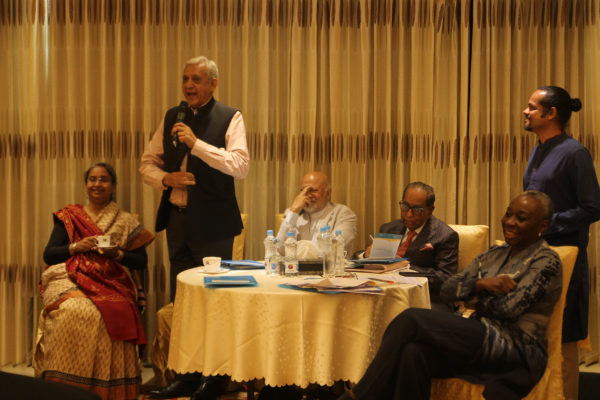Climate crisis is pushing us towards a planetary emergency that is going to affect every living being on this earth. Hence it will need active engagement of the whole of society to integrate climate change in every aspect of our work. Experts explored and discussed these issues at the 22nd Policy Breakfast on ‘Climate Resilient Inclusive Economy’ held on 8 March in Dhaka.
While we continue to negotiate on climate change issues in the global platform, Bangladesh needs to be prepared internally towards an inclusive economy that can withstand or recover quickly from climate impacts in the short and long terms.
For better institutional cooperation and coordination in developing an eco-friendly and climate resilient economy, a whole-of-government approach is needed . Intra-government coordination needs to be promoted as experts highlighted that development partners are yet to fulfill the commitments they made regarding the climate fund and reduction of carbon emission. While it is important to engage the private sector in sectors such as renewable energy, the government must play a bigger role in adaptation and carbon emission, in negotiating climate funds.
The whole-of-society approach needs to ensure civil society plays a bigger role; particularly by encouraging those organisations which do not work on climate change to integrate these issues in their works. We also require civil society to take a grounded approach that includes the local stakeholders in it, along with focussing on evidence based policy advocacy.
download Agenda of 22nd Policy Breakfast
view more photos of 22nd Policy Breakfast
Research organizations need to work on proper research communication where the evidence can be made easily understandable for the policy makers, so that the jargons and the technicalities do not overshadow the urgency of the evidence. The capacity building of civil society and government officials is essential in making sense of and using evidence in advocacy and policy making. Moreover, national strategies and planning for climate resilience has to be inclusive and use a gender and youth lens for effective implementation of it.
The policy breakfast ended with a promise from government representatives to include gender and youth national action plans while development partners promised to bring non government actors, youth and private sector in dealing climate change issues. Civil society promised to take initiative to translate evidence into more understandable format.
Among others, Honorable minister Md. Sahab Uddin, Ministry of Environment, forest and climate change, Saber Hossain Chowdhury, Member of Parliament, Ziaul Hasan, ndc, Secretary of MoEFCC, Ahmed Shamim Al Razi, Additional Secretary (development) of MoEFCC, HE Benoit Préfontaine, High Commissioner of Canada in Bangladesh, Shaila Shahid, Senior Advisor of ICCCAD, Gerry Fox,Team Lead, PROKAS,Raquibul Amin, Country Representative of IUCN, John Smith-Sreen, Director of Economic Growth Office, USAID Bangladesh mission and Dr. Shahpar Selim of USAID Bangladesh Mission participated in the discussion.

